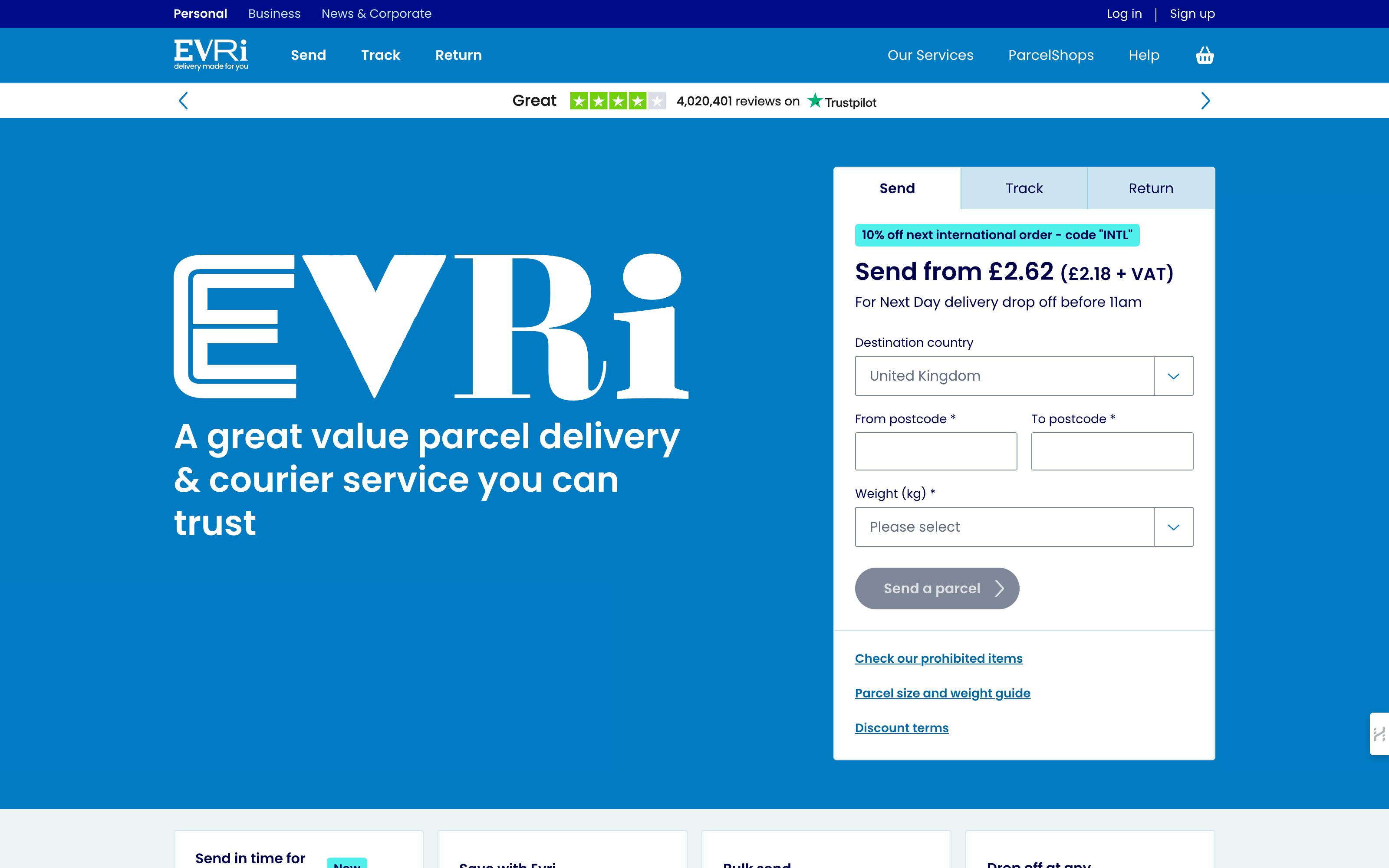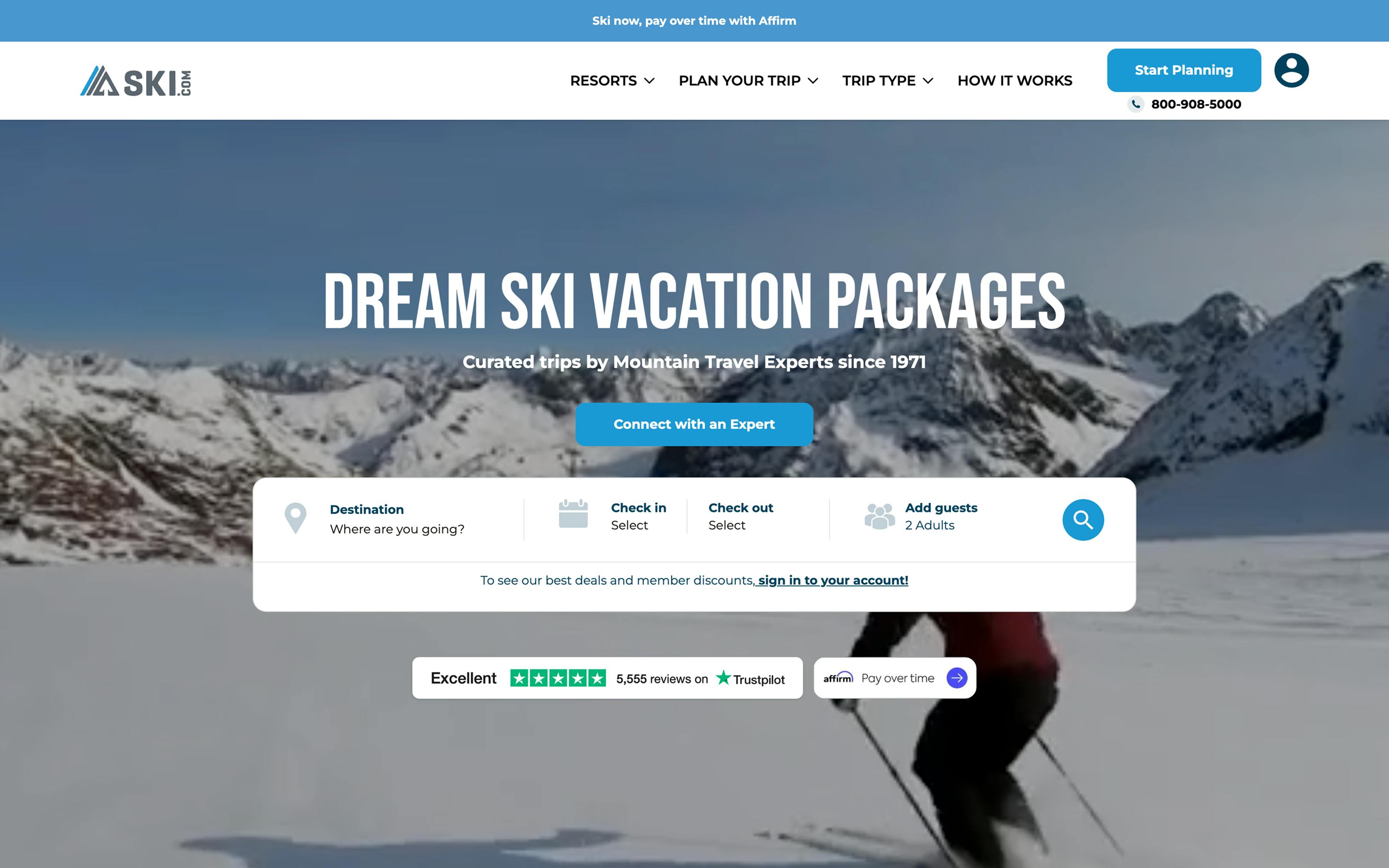Prismic’s Documentation for PHP, Laravel, Java, .NET, and Ruby Has Moved to GitHub
At Prismic, we’re proud of our open-source work and of our lively community of users. We like to think that our community is so diverse and engaged because Prismic itself is highly versatile — it has countless potential uses and applications.
Moving kits and docs to GitHub
With that in mind, we’ve been working to give control of selected projects to the Prismic community. We recently began by moving some of our development kits to the prismicio-community organization on GitHub. We have already moved the dotnet-kit and ruby-kit repositories to the new organization, and we’ve spoken with community members about continuing maintenance of those kits.
We’ve moved the documentation for PHP, Laravel, .NET, Java, and Ruby to their respective GitHub repositories. You can find the documentation here:
We’re excited to have members of the community contributing to the development kits and the documentation.
Want to contribute?
Your contribution could help many others like yourself.
- Suggest small changes: If you see an error or think something’s missing, please feel free to open a pull request on GitHub.
- Start a discussion: If you have more general ideas, you can submit an issue to get a discussion going.
- Become a maintainer: If you’re interested in being a maintainer for one of the kits, shoot us a direct message through the forum, and we can chat about it.
If you’re interested in collaborating, let us know 😊




